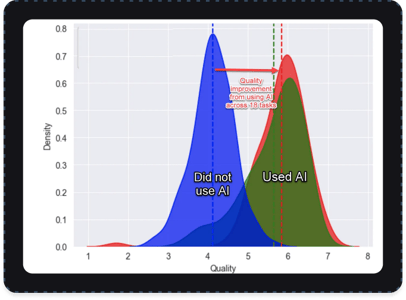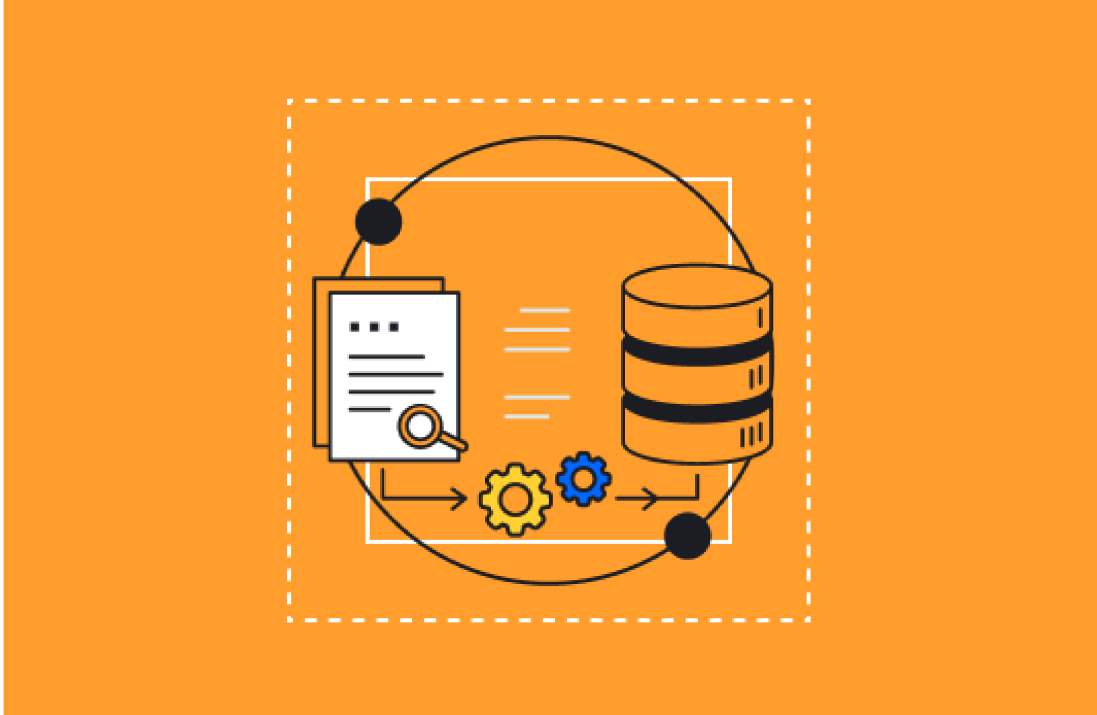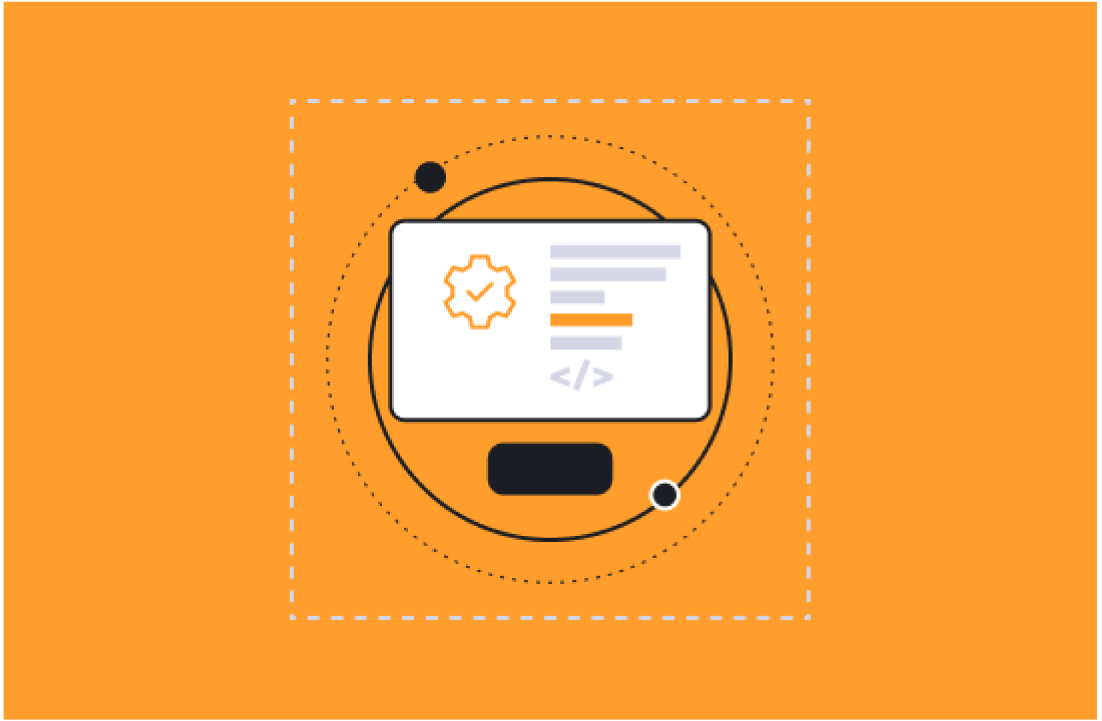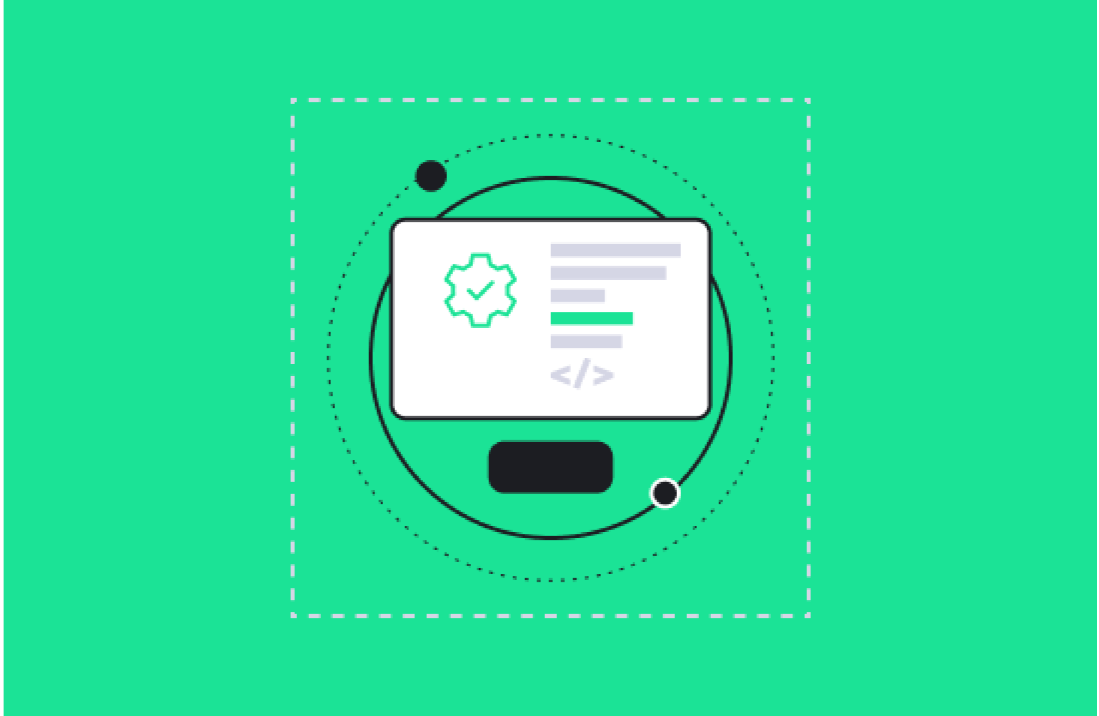AI is everywhere. But what kind of impact is it having on our productivity and what trends can we expect to see?
In an era where businesses strive to establish lasting connections with their customers, Customer Relationship Management (CRM) has emerged as an indispensable tool. CRM encompasses the strategies, processes, and technologies that organizations employ to manage and analyze customer interactions, ultimately nurturing stronger, more profitable relationships. But what sets the modern landscape of CRM apart is the integration of Artificial Intelligence (AI) into the equation.
AI, once a futuristic concept, has rapidly made its way into the heart of CRM systems, revolutionizing the way companies engage with their customers. From enhancing work quality to redefining the importance of interfacing with machines and streamlining data entry, AI has ushered in a new era of productivity and quality in CRM.
So let's take a look at how AI is revolutionizing the CRM, from enhancing work quality, to redefining machine interfacing, AI will have a profound impact on efficiency and productivity.
But first, where will AI functionality be seen in CRMs?
AI functionalities will be prominently integrated into various aspects of CRM systems, providing salespeople, marketers, and service professionals with powerful tools to enhance their efficiency and productivity. These AI functionalities will be seamlessly integrated into CRMs, serving as a central hub where users can interact with AI technology to deliver their job responsibilities more effectively.
Sales
In the sales department, AI will play a crucial role in lead generation, lead scoring, and predictive analytics. By leveraging AI algorithms, salespeople can identify potential customers with higher accuracy and prioritize their efforts accordingly. AI-powered CRM systems can analyze large volumes of data to provide valuable insights, enabling sales teams to make data-driven decisions and close deals more effectively.
Marketing
For marketers, AI functionalities in CRMs will revolutionize campaign management and customer segmentation. AI algorithms can analyze customer data and behavior to create personalized marketing campaigns that resonate with the target audience. By automating repetitive tasks like email marketing and social media scheduling, marketers can focus on crafting compelling content and strategies that drive engagement and conversions.
Service
In the service department, AI will enhance customer support and improve overall customer experience. AI-powered chatbots can provide instant responses to customer queries, offering 24/7 support and reducing the workload of service professionals. With AI's ability to analyze customer feedback and sentiment, service teams can proactively address customer concerns and provide personalized solutions, leading to higher customer satisfaction and loyalty.
AI's Impact on the CRM
Quality and Productivity
According to a recent study by Boston Consulting Group, AI doesn't just increase output, it also increases the QUALITY of output.
This study compared consultants that used AI vs those that didn't and the results were pretty conclusive.

Image by Boston Consulting Group
It's a fact that AI is revolutionizing the way users work. By leveraging AI technology, professionals are able to spend less time on mundane and repetitive tasks, freeing up valuable time to focus on higher level, strategic tasks. This not only increases productivity but also allows individuals to tap into their creative and problem-solving abilities.
However, AI will not replace humans in the CRM field. Instead, it will enhance and augment their capabilities, allowing them to work more efficiently and effectively. With the integration of AI into CRM systems, users who embrace this technology will have a competitive advantage over those who don't.
The Impact of AI on the Importance of Interfacing with the Machine
As AI continues to revolutionize CRMs, the impact on the importance of interfacing with the machine is becoming evident. With the integration of AI tools into CRM systems like HubSpot, the value of knowing how to manually interface with the machine is decreasing. Instead, the focus is shifting towards building good systems and implementations that can effectively utilize AI capabilities.
In the past, having technical expertise in navigating complex interfaces and manually inputting data was crucial for CRM users. However, with AI-driven assistance, the need for such skills is diminishing. AI makes it easier for any user, regardless of their technical background, to interact with CRM systems. This streamlined user experience allows individuals to effortlessly build campaigns, manage data, and engage with customers.
What does this mean?
While the value of manual interfacing decreases, the importance of building robust systems and implementations increases. AI tools can only be as effective as the foundation they operate within. Therefore, CRM systems need to be well-structured and designed to fully leverage the potential of generative AI. The emphasis now lies in creating systems that can seamlessly integrate AI functionalities and provide users with a seamless experience.
Impact of AI on Data Entry in CRM
With AI algorithms in play, manual data entry becomes a breeze, reducing user effort. These AI-driven tools can populate notes and follow-ups automatically, eliminating manual data input.
AI algorithms analyze data from diverse sources—customer interactions, emails, and social media—extracting relevant information to populate CRM fields. This automated entry saves time, maintains data accuracy, and minimizes human errors.
AI augments data quality. Learning from patterns and historical data, it offers intelligent predictions and suggestions. For instance, AI can recommend tags or categories based on note or email content, streamlining tasks and enhancing data consistency.
AI unlocks more effective data utilization. It analyzes vast datasets, uncovering patterns, trends, and insights often overlooked. This information empowers decision-making, personalizes customer interactions, and elevates overall CRM performance.
Ready to get started?
In the ever-evolving landscape of CRM, AI is turning the world upside down.
So, as you think about the future of CRM and the role of AI, remember that it's not just a technological advancement; it's a transformative force that's reshaping how we work and succeed in the world of customer relations.
It's important to get ahead of the curve - by beginning to leverage the AI tools already available to you today. Not sure where to start? Let's chat!






